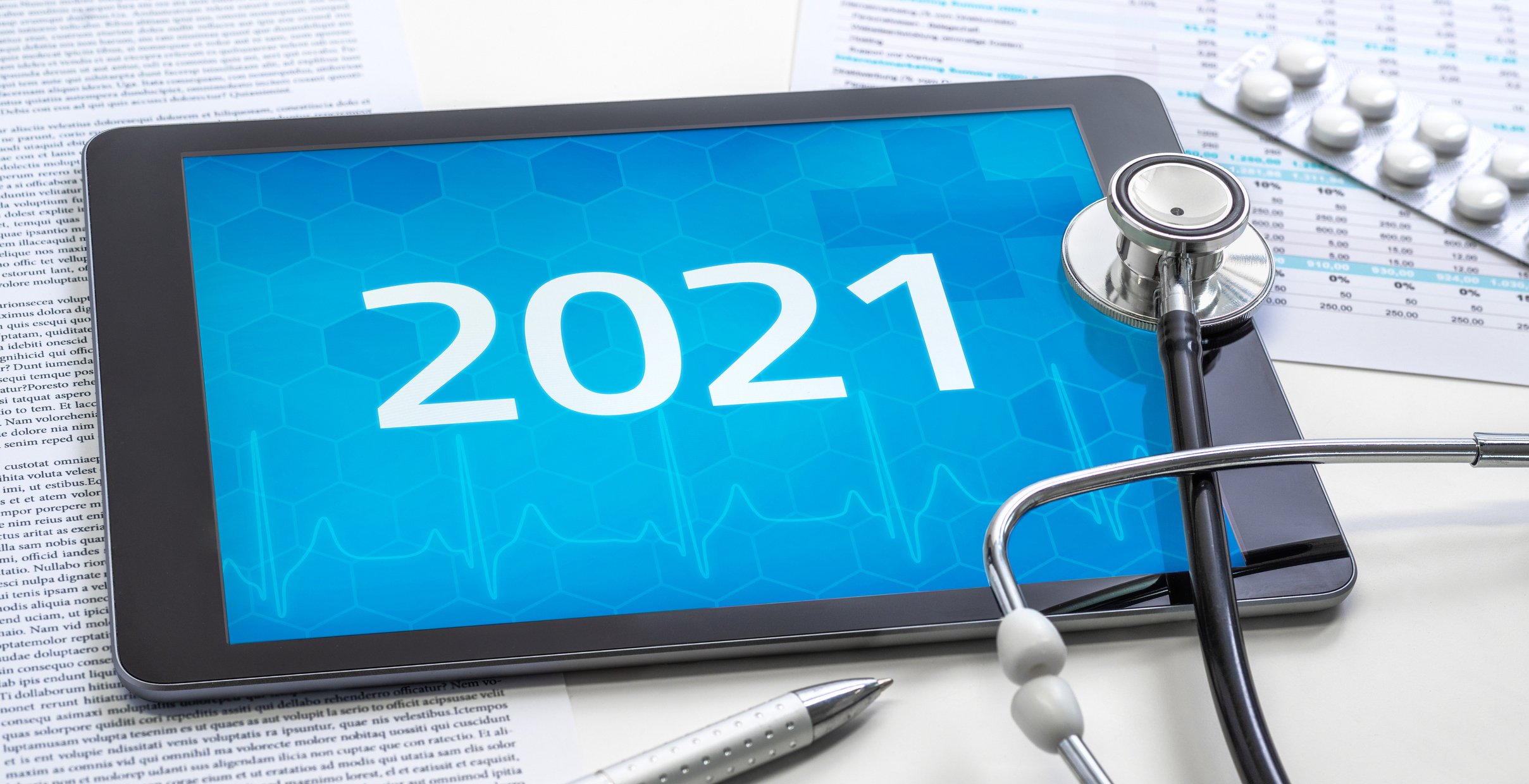As Gen Z Nurses begin to enter the workforce, they bring fresh perspectives and unique expectations for their careers. This generation—born roughly between 1997 and 2012—has been raised in an era where digital technology is not only a tool but an integral part of daily life. As such, they are the first truly digital native generation, and their approach to work reflects this.
Technology as a Recruiting Tool
According to Jean Putnam, Chief Nurse Executive at Baptist Health South Florida, "Gen Z-ers are our first truly digitally native generation. The technology is important, and I think we have to figure out ways to utilize that in such a way that helps them and utilizes their skill sets." In practical terms, this means that healthcare facilities looking to attract young talent should invest in digital solutions that streamline communication, scheduling, and documentation. Whether it’s a mobile app for shift scheduling, telehealth integration, or digital patient records, leveraging technology aligns with Gen Z's comfort with and reliance on tech.
To reach and recruit Gen Z nurses, healthcare organizations need to engage with them where they spend the most time—online. Social media is a powerful avenue, offering both visibility and engagement. Platforms like Instagram, TikTok, and LinkedIn allow facilities to showcase the culture of their work environment and demonstrate the potential impact of a Nursing career. These platforms can also offer insights into the daily life of Nurses and the sense of purpose that drives the profession.
A Demand for Diversity and Inclusion
One of the hallmarks of Gen Z is their commitment to social issues, and Diversity and Inclusion are at the forefront of their values. Gen Z Nurses are looking for workplaces that reflect the diverse world they live in and serve. They seek employers who prioritize representation, equity, and a sense of belonging for all employees, and they are quick to identify organizations that genuinely align with these values.
For healthcare facilities, this means more than just surface-level diversity—it involves creating environments that are inclusive and equitable and promote open dialogue around these issues. By fostering diverse teams and ensuring fair opportunities for all employees, healthcare leaders can meet Gen Z’s desire for workplaces that feel inclusive and supportive.
Flexible Scheduling and Work-Life Balance
Flexibility in work hours and shifts is also a high priority for Gen Z Nurses. Unlike previous generations who may have accepted rigid schedules as part of the job, Gen Z places a high value on work-life balance. They’ve grown up observing the toll burnout can take on healthcare professionals and are determined to maintain a healthy balance between their personal lives and careers.
As Putnam explains, “The Gen Z-ers love work, but they also have other priorities in life.” To attract and retain this new generation of Nurses, healthcare facilities need to provide more flexible scheduling options, allowing Nurses to have control over their time and minimize burnout. Rotating schedules, shorter shifts, and remote or hybrid work options where possible can go a long way in supporting this.
Work with Purpose
For Gen Z, a job isn’t just a job—it needs to align with their personal values and provide a sense of meaning. Nursing, with its intrinsic purpose of caring for others, holds great appeal for them. “Work needs to have purpose,” Putnam said, “and what better purpose is there than being a Nurse?”
Emphasizing the purpose-driven aspect of Nursing can be a powerful way to attract Gen Z Nurses to the field. Healthcare leaders can highlight how Nursing contributes to the well-being of society and fulfills an important role within communities. Providing clear growth paths, mentorship, and opportunities for advancement also resonates with Gen Z, as they want to feel that they are making a difference in their work and have a future in the profession.
The arrival of Gen Z Nurses presents an exciting opportunity to reimagine aspects of Nursing culture. With a focus on technology, diversity, flexibility, and purpose, Gen Z is reshaping expectations around the role. By understanding and adapting to these values, healthcare organizations can not only attract but retain this new wave of Nursing talent. The future of healthcare is evolving, and Gen Z Nurses are ready to be at the forefront, bringing passion, fresh perspectives, and a commitment to making a meaningful impact.


 The COVID-19 pandemic has brought forward many new innovations and ways of delivering healthcare. New technology will give healthcare workers new opportunities to keep their patients and themselves safe.
The COVID-19 pandemic has brought forward many new innovations and ways of delivering healthcare. New technology will give healthcare workers new opportunities to keep their patients and themselves safe.